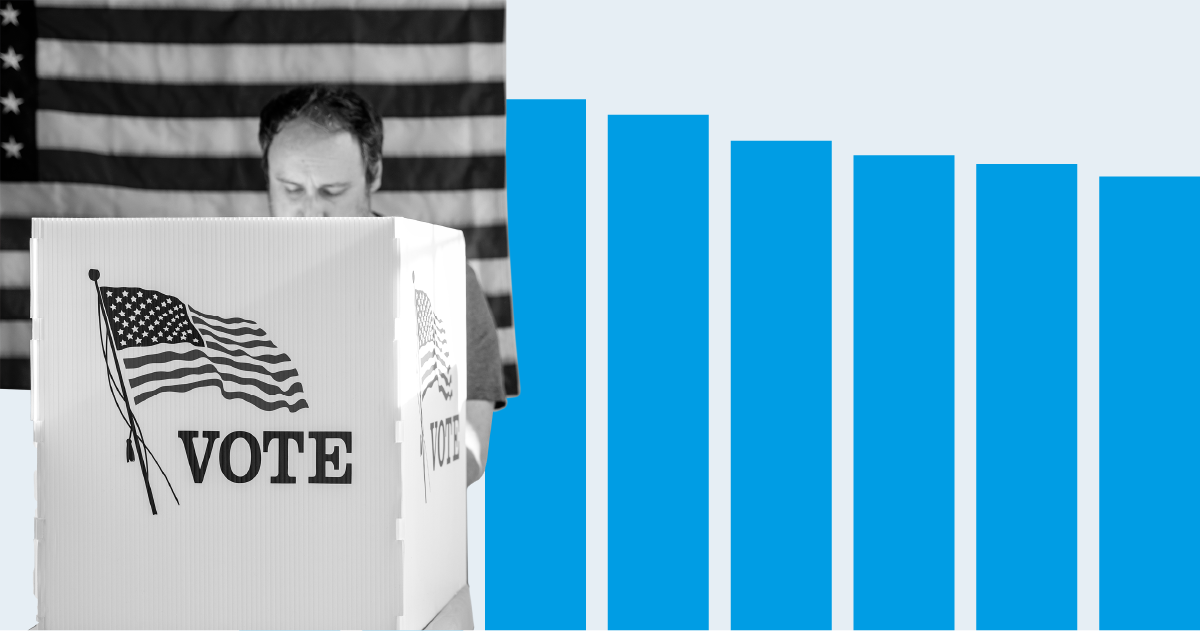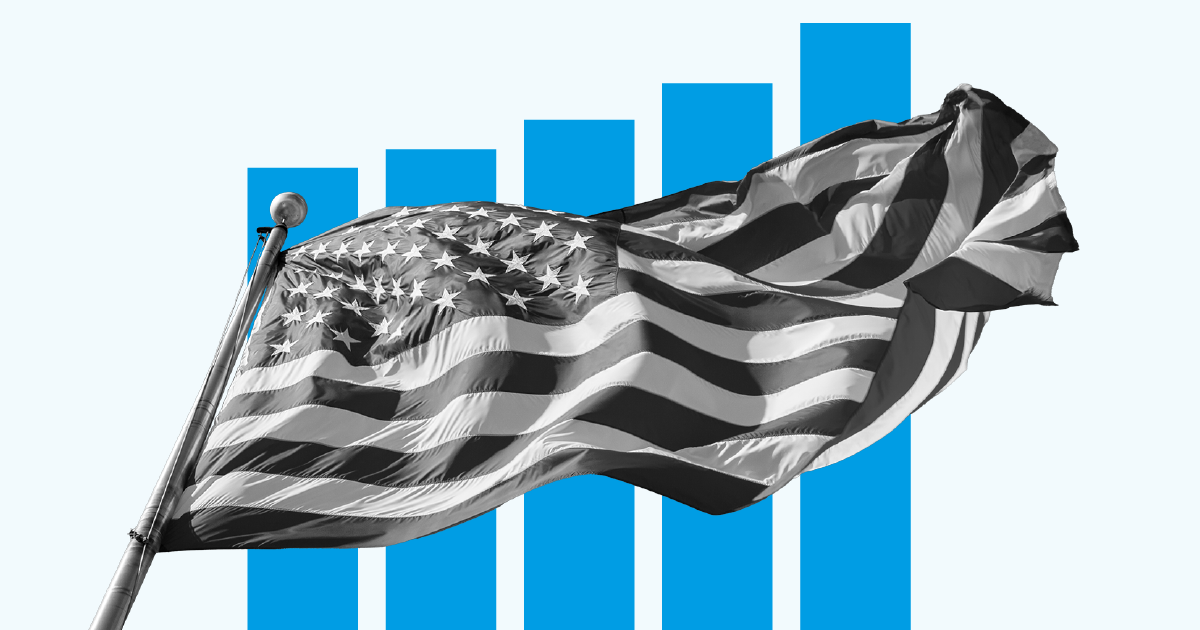Government spending
Which government programs does the Government Accountability Office consider inefficient?

With reintroduced mask mandates, lockdowns, return-to-office delays, and new travel bans, 2021 sometimes resembled 2020. But this year also started with COVID-19 vaccines that were quickly taken by millions of people. Plus, Americans returned to the skies and to work (though not at the same levels from before the pandemic). And there was a new presidential administration.
Here are 21 numbers that shaped this unique, unusual year in the US.
The number of people fully vaccinated against COVID-19 as of December 2. Compare that to January 19, when 2 million people were fully vaccinated. Vermont has vaccinated the highest percentage of its population: 75%. Idaho and Wyoming have vaccinated the lowest percentages, both at 46%.
Inflation was 6.8% in November 2021. The Federal Reserve typically tries to keep inflation at around 2%. Keep up with the national conversation on inflation with this new article.
Americans quit their jobs at a record pace in 2021, reaching a 2.8% quit rate in April — a record since the Bureau of Labor Statistics started collecting the metric in 2001. The leisure and hospitality sector consistently has the highest quit rates of any industry. That remained true last spring.
The number of people in the US who died of COVID-19 between January 1 and December 7 of this year. 2020 ended with losing 355,294 people to the virus. Two things to keep in mind: This year’s deaths took place over a longer amount of time, as the pandemic started few months into 2020 and continued for all of 2021. However, 2021 was also a year with widespread vaccine availability.
How much the price of an average home increased between April 2020 and April 2021, the largest single-year increase since 1992. Before the Great Recession, the ratio of new population to new home construction was about 2:1. Since 2007, it’s been 5:1.
How much the US homicide rate increased by last year. Homicides are 1% of all violent crime in the FBI’s Uniform Crime Reporting system, but of course, any increase in the homicide rate is troubling. Meanwhile, property crime was down so much in 2020 (dropping by 7.9%) that the nation’s overall crime rate decreased.
The nation spent 91% more than it collected in revenue in fiscal year 2020, leading to a $3.1 trillion deficit. Over $1 trillion went to assisting people during the pandemic with small business loans, stimulus checks, and giving those who lost work extended unemployment benefits.
How much the US population grew between 2010 and 2020. That’s a 7% growth from 308.7 million to 331.4 million. The non-Hispanic, white population dropped below 60% for the first time , down to 58% of the population in 2020 from 64% 10 years prior.
The median annual wage for working Americans.
The US birthrate fell in the 2020 census — the lowest since 1979. It was the sixth annual decline in births nationwide. This drop is one of several factors affecting the nation’s population growth, which is at its lowest since 1918.
The cost of the infrastructure plan Congress passed in early November and President Joe Biden signed into law on November 8. It includes $550 billion in new investments for bridges, airports, waterways, and public transit.
The number of paid sick days mandated by the federal government. Federal law requires leave like short-term sick leave or family and medical leave for many workers but does not require that employers pay workers during that time away. Fourteen states and Washington, DC have mandated paid sick leave for many residents.
The number of states that passed laws restricting abortion access in 2021.
The number of young adults (people between the ages of 25 and 34) who lived at home last year. This is a record since at least 1960, though the number has grown since 2003.
Approximately half of the United States faced abnormal drought (or worse) this summer. 2021 was one of the worst years on record for exceptional drought. These conditions affected the Northern and Western US the most.
The US poverty rate in 2020, up from 10.5% in 2019. Median household incomes dropped by 3.2% in the Midwest and 2.3% in the South and West. The Census Bureau notes that this is the first increase in poverty after five consecutive annual declines.
The number of eight-hour days someone making the federal minimum wage of $7.25 an hour would need to work to make what the average family spends on healthcare in one year. Someone making $15 an hour would need to work 140 days.
The total US foreign assistance to Afghanistan in 2019, the most recent year data is available. This figure includes military aid and economic aid. The war in Afghanistan, a conflict that lasted almost exactly 20 years, ended on August 30, 2021.
The Biden administration relieved less than one percent of student loan debt in 2021. Overall, 563,000 borrowers — or 1.3% — had their student loan debt forgiven this year, totaling $9.5 billion. Eligible students included those defrauded by failed for-profit schools, plus 323,000 people with total and permanent disabilities, and over 47,000 current and former active-duty service members.
The percentage of the nation’s population growth between the 2010 and 2020 censuses due to Hispanic Americans.
The number of visits to the USAFacts website over last year. Every day, more and more Americans are accessing government data presented to make informed decisions about the country and cutting through the noise to ground their debates in facts. Thank you for being part of this community pushing back against the notion of a post-fact society.
Learn more from USAFacts and get the data directly in your inbox by signing up for our newsletter.
Government spending
Government spending
Government spending
Government spending
Newsletter
Keep up with the latest data and most popular content.


